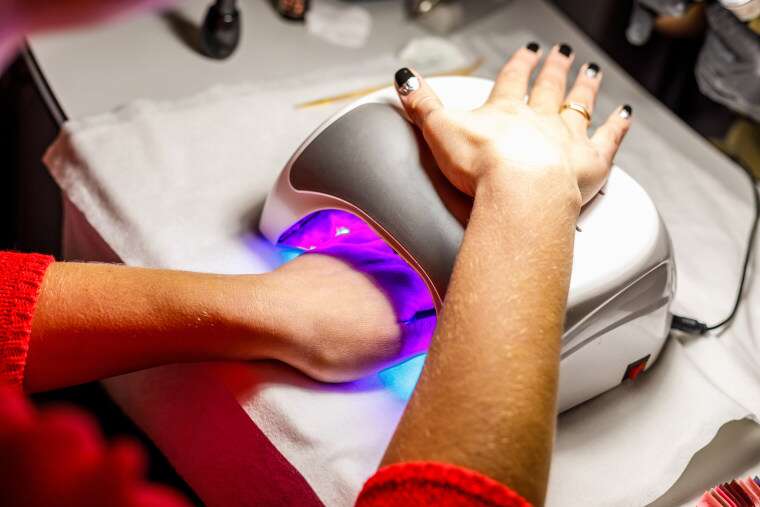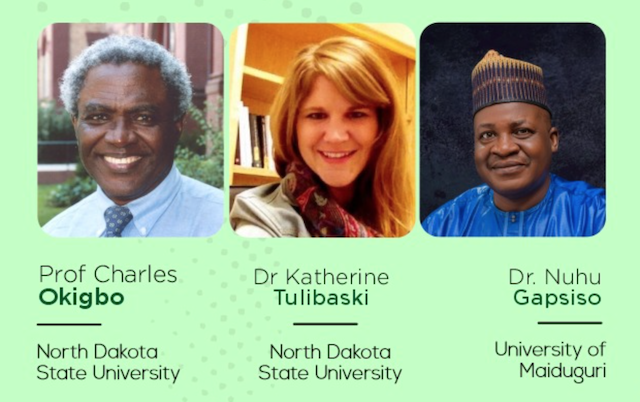Reseach found that radiation from UV nail dryers can damage DNA and cause mutations in human cells which in turn is linked to a risk of cancer.
According to the study recently published, researchers have suspected that the ultraviolet nail dryers used for gel manicures might be associated with a higher risk of skin cancer if they are used routinely.
The study found that radiation from UV nail dryers can damage DNA and cause permanent mutations in human cells which in turn is linked to cancer risk.
“is just one step along the pathway to cancer,” said Dr. Julia Curtis, an assistant professor at the University of Utah dermatology department, who wasn’t involved in the new research.”
The researchers exposed cells derived from humans and mice to UV light from nail dryers. They observed that after 20 minutes, 20% to 30% of the cells had died. After three consecutive 20-minute sessions, 65% to 70% of cells had died.
A 2020 analysis identified two women in the U.S. who developed melanoma on the backs of their hands from 2007 to 2016. Both had gotten gel manicures for years. Overall, however, the researchers determined that that type of manicure which involves applying a gel polish that must then set under UV lamps had little to no association with cancer.
“At this point, I would recommend or advise people to just weigh the risk,” said one of the new study’s authors, Maria Zhivagui, a postdoctoral researcher at the University of California, San Diego. “Understand what this is doing. There is damage at the DNA level. We don’t know if it’s carcinogenic.”
“UV nail lamps didn’t really get popular until about the 2000s, I would say, so making that cause and effect can be very difficult,” Curtis said.
Even so, Curtis and Zhivagui said that in their own lives, they don’t ever get manicures that require UV nail dryers.
“You’re not going to find a dermatologist who doesn’t say that UVA is aging us and increasing our risk of skin cancer,” said Dr. Loretta Davis, the chair of the dermatology department at Augusta University in Georgia. “So anything that’s purposely done with that type of device is going to contribute.”
Davis said she doesn’t get manicures but would be concerned about the aging effects of UVA radiation if she did.
The harmful effects of UV rays accumulate over time, and Davis’ own research has suggested that the more frequently people get manicures with UV nail lamps, the greater their risk of damage might be.
Using a UV nail dryer every other week is “probably too much,” she said.
“If you’re going to do this before a wedding and you want to feel special, sure,” Davis added. “But to do it routinely, no, I wouldn’t do that.”

